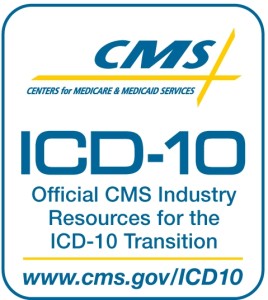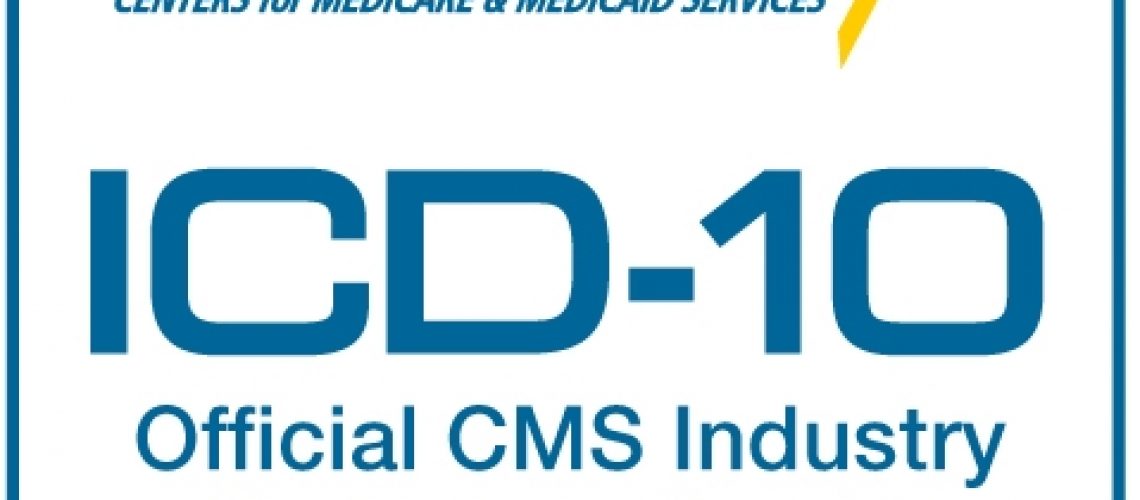 ICD-10 has been the butt of countless jokes during the last several months but none so surprising as the latest one-liner. Only this isn’t funny.
ICD-10 has been the butt of countless jokes during the last several months but none so surprising as the latest one-liner. Only this isn’t funny.
Whether you’re on that chair edge hoping President Obama gets a chance to sign the provision pushing ICD-10 back within the Sustainable Growth Rate fix into law, or crossing fingers that the Senate kills it come Monday, no matter.
The reality is that a code set conversion simply should not be about politics.
Other than lazily dumping ICD-10 and the SGR process for determining how much to pay doctors who treat Medicare patients under the umbrella term of healthcare reimbursements, the tie between them prior to the now infamous Section 212 bomb within the bill, ICD-10 and SGR have almost nothing to do with each other.
Proponents of ICD-10 have made the case for years that the U.S. needs the modern classification system as a key piece of digitizing the last multi-trillion dollar sector to be industrialized. Opponents, likewise, have been vocal that the immediate benefits are unproven, even by countries such as Canada and Australia that have been using ICD-10 for years, insisting that the ride may not be worth its ticket price for those who actually have to use the codes and pay for that privilege, and questioning just how modern ICD-10 will be when it’s live in production.
And those are the truncated versions.
So, here’s the rub: Ample evidence exists to support either argument. Anyone, politician or otherwise, could easily extract that to build earnest and learned debate — to discuss the merits of ICD-10, explore alternate pathways forward, to consider options, weigh them against each other and then to decide what’s really best for the country, doctors, patients and, yes, even taxpayers who rarely use the healthcare system.
But that is not what happened here. Rather, someone essentially snuck in a sentence (I’ve stripped out the legalese for you) saying “the Secretary of Health and Human Services may not, prior to October 1, 2015, adopt ICD-10 code sets as the standard for code sets.”
There’s a lot in this bill, after all, and it makes for downright boring reading — even for those of us bearing some manner of fascination with health care policy.
That and the slight window of time between U.S. Representatives learning of this latest attempt to finally sort through the SGR Medicare doctor payment fiasco and Thursday’s odd vote could help explain why so many members of the House had yet to even wade through it before the verbal vote; several Representatives raged against that lack of awareness on the floor. And some of them, most notably Minority Leader Nancy Pelosi (D-CA), simultaneously decried the bill as “a missed opportunity” to permanently correct the SGR while saying “I myself come down on the side of supporting the legislation,” because she does not want to give Republican rivals another chance to blame this on the Affordable Care Act.
Absent informed debate about the bill’s content, Democratic Whip Steny Hoyer (D-MD) even threw down the gauntlet, challenging any House Representative to step forward and say they actually read it. No one answered that call on Thursday. And none have since, at least not publicly.
And that is our American government in action.
——————————————————
Prepare For The Medical Coding Certification Exam Here!
Originally published on: Washington Post
Follow Medical Coding Pro on Twitter: www.Twitter.com/CodingPro1







